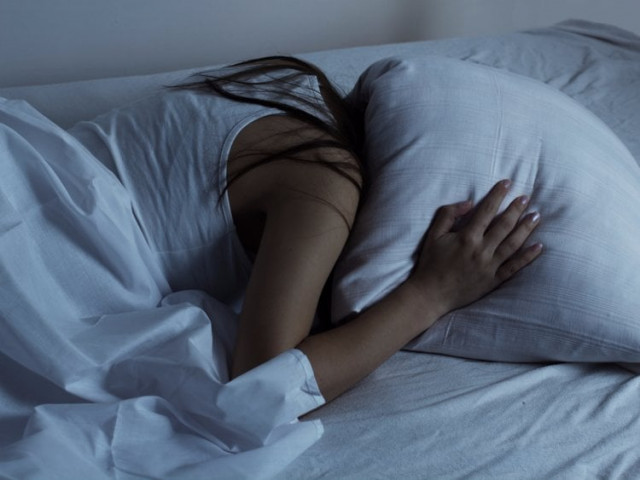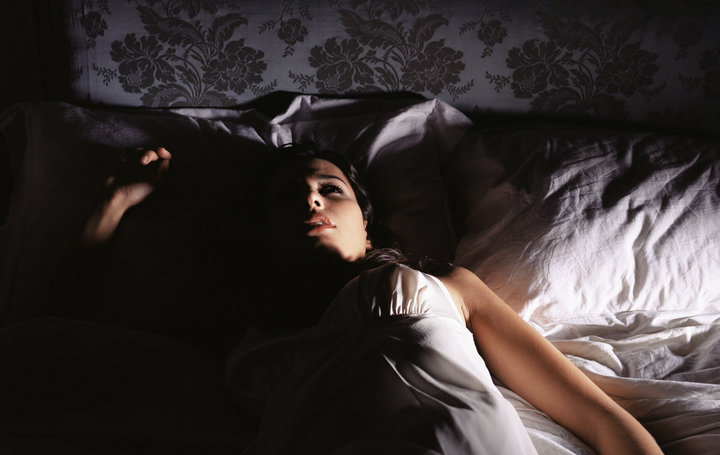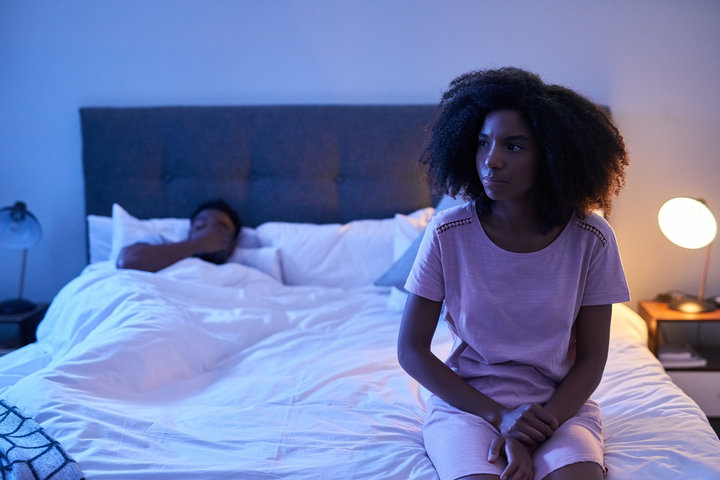5 surprising things that could be giving you nightmares
While it’s easy to blame it on your last viewing of a horror film, the real reason may be something else

PHOTO: FILE
Everyone experiences bad dreams from time to time, ones that jolt you awake. While it’s easy to blame it on the last horror film you watched, the real reason may be something else. Compiled from HuffPost, here are five things that can contribute to nightmares.
1. You’re dealing with mental health problems.
 PHOTO: HUFFPOST
PHOTO: HUFFPOSTChicago-based clinical psychologist John Mayer provides negative thinking and unresolved issues play a huge role in determining the kind of nightmares one may have and how many times they occur. “Our brains work like a computer; what goes in equals what comes out,” Mayer said. “So, if you go to bed with negative thoughts or you’re replaying negatives from your day, your brain is going to be loaded with negative thoughts to recycle while you sleep.”
2. You have certain personality traits
 PHOTO: FILE
PHOTO: FILEResearch indicates that character traits may contribute to bad dreams. Austrian-American psychoanalyst Ernest Hartmann found that people with thinner personality boundaries — those who are open-minded, sensitive and creative — are more likely to have longer, vivid, detailed and emotional dreams. And that dream content usually “showed a trend towards correlation with aggressive interaction and nightmare-likeness.”
3. You’re processing a trauma
 PHOTO: FILE
PHOTO: FILENightmares are a major symptom of post-traumatic stress disorder. This can make it difficult to fall asleep again, which can in turn make the whole of the next day more challenging. “Some people wake with a sad or scared feeling after nightmares, which can be a difficult start to the day,” said physician Alex Dimitriu. “If this occurs rarely, it is quite normal. However, regular frequent nightmares can be a sign of either some repressed memory, trauma or possibly sleep disturbance.”
4. You ate before bed
 PHOTO: FILE
PHOTO: FILEThis is an interesting one. While it’s pretty well understood that late-night snacking isn’t the best thing for your health, you might not realise it could be the source of your nightmares too. Eating a big meal, or even just a snack, increases your metabolism and body temperature. This causes your brain to be more active and thus, could lead to more nightmares.
5. Your medication is messing with your sleep
 PHOTO: FILE
PHOTO: FILECertain drugs may also affect nightmares. Blood pressure medications, antidepressants, antihistamines (found in sleep aids and allergy medicines) and steroids are some of the typical offenders. Alzheimer’s, Parkinson’s and cholesterol-lowering medications can also contribute to disturbed sleep and bad dreams.
Have something to add to the story? Share it in the comments below.



















COMMENTS
Comments are moderated and generally will be posted if they are on-topic and not abusive.
For more information, please see our Comments FAQ